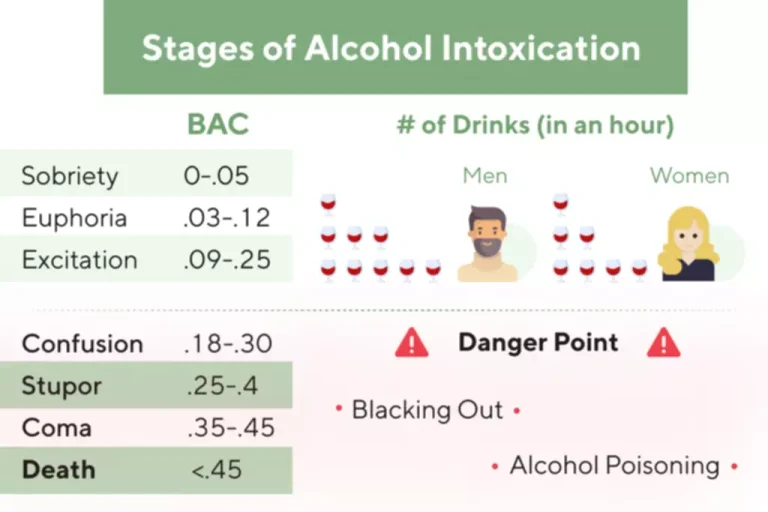
Some homes may also have study areas or partnerships with local colleges that provide counseling and academic support. Addiction specialists stress that residents actively address their addiction challenges. Many homes advocate for structured schedules, focusing on recovery, and may provide counseling or medication monitoring services. Since most states don’t regulate sober living homes like they do with treatment facilities, it’s important to do your research. The following are a few recommendations when looking for a sober living home for you or a loved one.

Get Help With Alcohol Addiction
Sober living centers are usually considered to be a form of aftercare – the phase of treatment that is focused on maintaining sobriety. For an overview of the rehabilitation process, see below or read our guide on the subject. The Oxford House model uses a democratically run governance system, along with rules requiring abstinence and participation in recovery activities (such as AA or NA), among others. The model was meant to be more affordable, as all the residents share the cost of the rent and utilities and pay a very small fee to maintain membership in the Oxford House network.

Sober Living Houses
- The model was meant to be more affordable, as all the residents share the cost of the rent and utilities and pay a very small fee to maintain membership in the Oxford House network.
- One study into people being treated for heroin addiction showed a considerable risk of death from overdose in the month following treatment.
- Living in this type of home can aid sobriety and make it more likely that recovering addicts will remain in recovery for the long term.
- The houses are run by residents and emphasize peer support as an essential component of recovery.
Some sober living homes are covered by private insurance, government funding or Medicaid. Some residents also pay for sober housing through scholarships, https://ecosoberhouse.com/ loans or credit cards. The daily schedule at sober living homes is heavily influenced by the residents’ current stage of recovery.
Oklahoma inmate captured in Sequoyah County after escaping halfway house
These homes aren’t just spaces where individuals reside during recovery; they’re environments meticulously designed to foster sobriety and personal growth. Moreover, sober living homes often connect residents with a variety of recovery resources. Access to counseling services, both individual and group therapy, is a key component.

- To support persons in recovery by improving their access to safe, stable residences with peer and community support.
- This is where sober living homes come into play, providing a supportive community environment conducive to recovery.
Sober living homes provide a structured environment that supports recovery and personal growth. These homes aren’t just about staying substance-free; they’re about learning how to live a fulfilling life in sobriety. Here, you’ll find a community of peers who understand your struggles and share your goal of maintaining sobriety. Another study published in the same journal suggested that sober living homes can provide a supportive environment that helps individuals in recovery maintain sobriety and improve their overall quality of life. A supportive and structured environment is a cornerstone of the success of sober living houses.

Why Choose Sober Living
Sober living homes are more than just a place to stay; they’re communities committed to supporting individuals in their pursuit of a substance-free life. The structure of these homes, with their emphasis on rules, accountability, and community, provides the necessary foundation for lasting recovery. A house manager or supervisor oversees the daily operations and ensures compliance with house rules. Their presence is crucial for maintaining order and providing guidance when residents face challenges. They’re often in recovery themselves, offering unique insights and empathy based on personal experiences. Sober living home managers often recognize the financial challenges many recovering individuals face.
Here’s how sober living homes can make a difference in your recovery process. The concept of sober living homes might seem simple, but the impact they can have on your recovery process is profound. They offer a balanced level of independence and support, enabling residents to strengthen their sobriety skills in a real-world sober house setting before fully integrating back into society. Additionally, many homes are linked to professional counseling services and job placement programs, further assisting in the rehabilitation process. When embarking on the journey of sobriety, the importance of a supportive community cannot be overstated.

